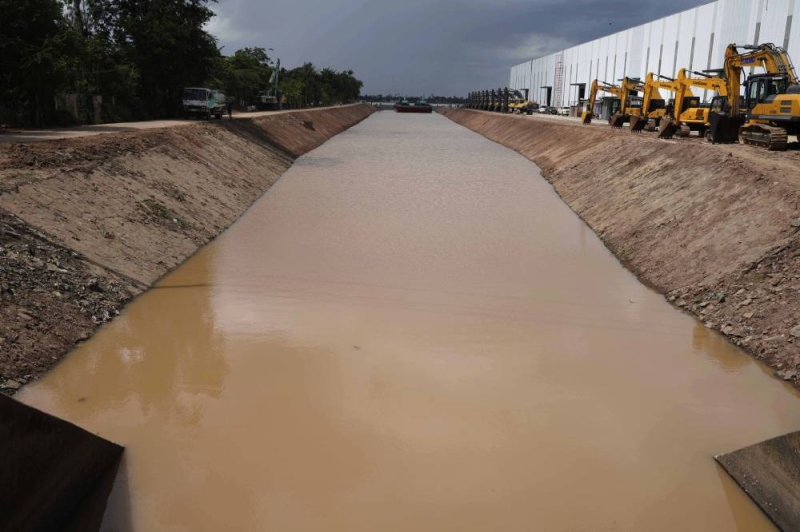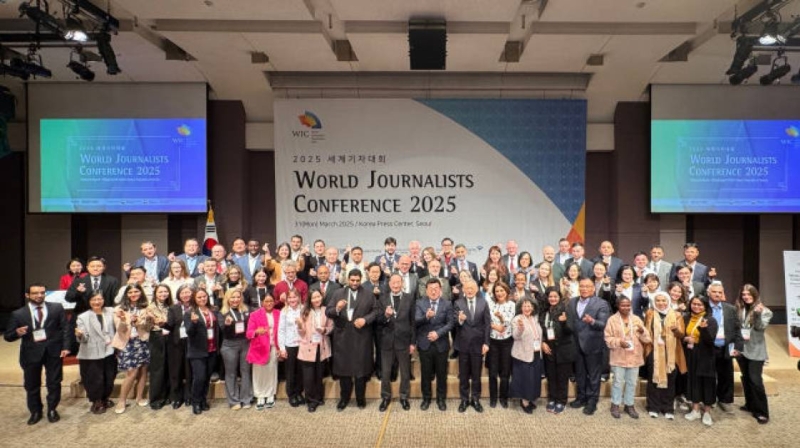Sparing scribes
Sparing scribes
Published: 12:00 am Apr 05, 2004
In a blatant and direct attack on the freedom of press, the protestors of the agitating parties and the police have not spared journalists and vehicles carrying them in the course of executing their duty — reporting facts to the public. The THT vehicle was vandalised by the protestors at Minbhawan on Saturday. In another incident, the police beat up THT’s chief photographer, Dwarika Ranjeet, and a photographer from Kamana publications, Nabin Shrestha, on Sunday. Scribes and vehicles from other publication houses too have come under attack. And this is not the first time when journalists have been indiscriminately targeted by forces from both sides of the political spectrum. The Royal Nepalese Army was similarly accused of intimidating scribes last November and Colonel Deepak Gurung had promptly assured then that reporters were free to verify facts and bring them out to the public, without the fear of retribution from the security personnel. This has also been true with the Maoists and they have not come clean on this issue either.
Standard journalism dwells on verification of facts. To be indifferent to the journos and to manhandle or intimidate them despite showing one’s ID card as Ranjeet did is but an attempt to debar the public from being informed. While vandalising any other vehicle by members of either side is barbarism in the first place, attacking press vehicle at that is an attempt to curb the rights of the fourth state, a fundamental provision so clearly enshrined in and protected by the constitution. Any sane individual with democratic credentials, therefore, would leave the scribes to do their work. Like it or not, their work takes them to the heart of where the action is. And if reporting what they see is against the wishes of agitating parties or government, attacking journos or their vehicles certainly is not the best course of action. That is but to be governed by the Neanderthal instincts. The agitating parties and the government might as well take note of the fact that the Maoists have spared press vehicles to ply during the days of bandhs, at least inside the valley. The security forces could ask for the ID card instead of flatly misconstruing reporters as agitators. Although there is no denying that ID cards have been misused by the non-press individuals, this does not vindicate those who show an utter disregard for this piece of identification document. With Nepal already being accused of gross human rights violation by rights watchdogs both at home and abroad, preventing the journalists from doing their normal duty will further besmirch ignominy to this sagging image. The agitators and the police should allow the journalists to do their normal duty without any kind of hindrance.





